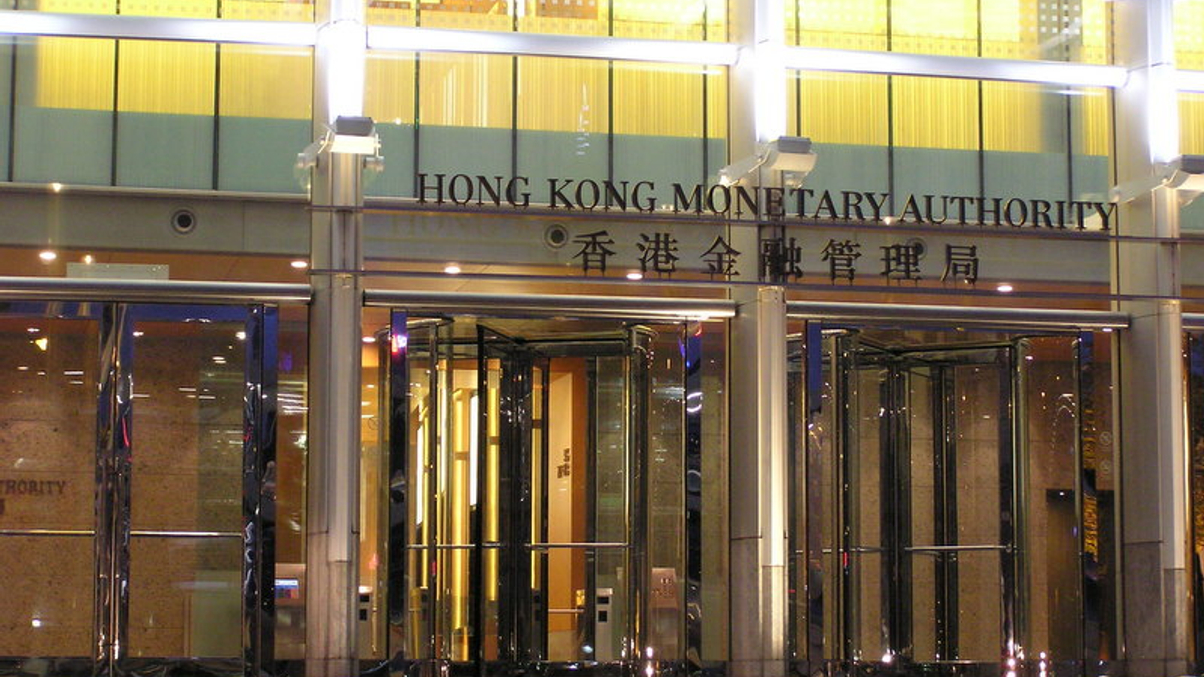Hong Kong's Future Fund to get annual top-ups
The $28 billion state institution, which launched on January 1, is due to receive yearly flows of up to a third of Hong Kong's annual budget surplus, forecast to be $6 billion this year.

Hong Kong’s new sovereign institution, the Future Fund, may receive up to one-third of the government's annual budget surplus every year to add to the HK$220 billion ($28.4 billion) it started with when it launched on January 1. The surplus is forecast to be HK$37 billion for 2016.
Sign in to read on!
Registered users get 2 free articles in 30 days.
Subscribers have full unlimited access to AsianInvestor
Not signed up? New users get 2 free articles per month, plus a 7-day unlimited free trial.
¬ Haymarket Media Limited. All rights reserved.


